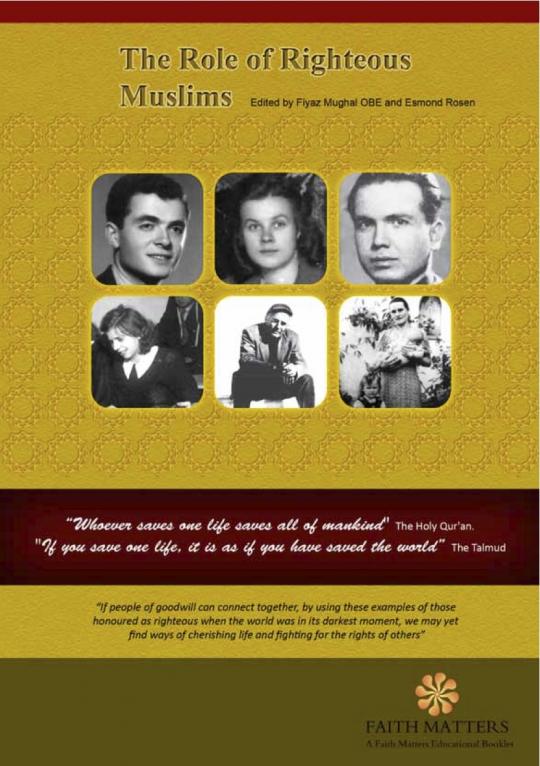
The Role of the Righteous Muslims
In this podcast we speak to Esmond Rosen and Fiyaz Mughal about The Role of the Rightous Muslims who helped to save Jews during the Holocaust.
Search for something

In this podcast we speak to Esmond Rosen and Fiyaz Mughal about The Role of the Rightous Muslims who helped to save Jews during the Holocaust.
There are many organisations which may be able to assist and advise you with the organisation of your event, or help you learn more about some of the issues associated with Holocaust Memorial Day. Some work with Holocaust and genocide survivors, others focus on remembrance and education, and some work in community relations.
Our work is overseen by our Chief Executive Officer, Chief Operating Officer and a board of trustees. They are responsible for the governance and strategic vision of our work.

During this year’s Gypsy Roma Traveller History Month, historian Rainer Schulze reminds us of the systematic persecution the Roma and Sinti suffered during the period of Nazi rule in Germany and in Nazi-occupied Europe.
Explore answers to some Frequently Asked Questions (FAQs) about marking Holocaust Memorial Day by clicking on the questions below.